IMF Approves $2.4 Billion Support for Pakistan Despite India’s Concerns Over Terror Financing and Accountability
In a significant development for Pakistan’s struggling economy, the International Monetary Fund (IMF) has approved financial support totaling $2.4 billion under two separate programs. The decision came during the Executive Board’s meeting held on May 9, 2025. However, the move has sparked controversy, especially from India, which abstained from the decision citing serious concerns over Pakistan’s misuse of IMF funds and its poor reform track record.
Let’s take a closer look at the full picture—from what the IMF approved, to what India strongly opposed.
What Has the IMF Approved for Pakistan?
The IMF board sanctioned the release of $2.4 billion through two programs:
- $1 billion under the Extended Fund Facility (EFF), which is aimed at stabilizing Pakistan’s macroeconomic framework.
- $1.4 billion under the Resilience and Sustainability Facility (RSF), designed to help countries address long-term challenges like climate change.
This decision follows a prior approval of a 37-month EFF for Pakistan in September 2024, worth $7 billion, of which $2.1 billion has now been disbursed.
India Abstains From Voting: Raises Red Flags on Terrorism and Accountability
During the same IMF board meeting, India abstained from the vote—not because it had no opinion, but because IMF procedures do not allow countries to vote “no.” The only options are to vote “yes” or abstain.
India used its platform to voice strong objections, questioning:
- Pakistan’s credibility in implementing past IMF reforms.
- The risk of IMF funds being diverted to finance state-sponsored terrorism, particularly cross-border activities.
- The lack of accountability mechanisms in IMF lending, especially to nations with repeated defaults and bailout histories.
In a detailed statement released after the meeting, India’s Ministry of Finance said:
“In the 35 years since 1989, Pakistan has received IMF disbursements in 28 of those years. That’s a worrying pattern of reliance without meaningful reform.”
India also highlighted that this is Pakistan’s fourth IMF program in just the last five years, raising questions on the efficacy of IMF’s program monitoring and Pakistan’s commitment to reform.
Concerns Over Terror Financing Misuse
India warned that fungible funds received from global institutions like the IMF could be repurposed for military or terrorist activities. The Ministry noted:
“Rewarding continued sponsorship of cross-border terrorism sends a dangerous message to the global community and exposes donor institutions to reputational damage.”
Several other member countries reportedly resonated with India’s concerns, but the IMF’s ability to address such issues remains limited by its own operational framework, which focuses primarily on economic metrics, not national security implications.
Why Did IMF Approve the Funding Anyway?
Despite geopolitical concerns, the IMF cited positive economic indicators in Pakistan, which contributed to its decision:
- Primary fiscal surplus of 2.0% of GDP in the first half of FY2025.
- Inflation control, with a record low of 0.3% in April 2025.
- Strengthened foreign reserves, which rose from $9.4 billion in August 2024 to $10.3 billion by April 2025, with projections reaching $13.9 billion by June.
IMF Deputy Managing Director Nigel Clarke commented:
“Pakistan has made notable progress in restoring macroeconomic stability. Inflation is down, and external buffers are stronger. But challenges remain—especially geopolitical and structural.”
What Are the Two Programs Aimed At?
1. Extended Fund Facility (EFF)
- Offers medium-term financial aid to countries struggling with structural economic issues.
- Encourages reforms in public finance, tax collection, energy management, and governance.
- Pakistan has already received $2.1 billion under this facility since its approval in late 2024.
2. Resilience and Sustainability Facility (RSF)
- Supports countries vulnerable to climate change and natural disasters.
- For Pakistan, the RSF will fund projects such as:
- Climate risk management.
- Better coordination for disaster response.
- Water resource management.
- Climate-related financial transparency.
Who Decides What in the IMF?
The IMF Executive Board, responsible for its daily operations, consists of 25 Directors. Voting power is determined by financial contributions:
- United States has the largest share at 16.49%.
- India, Bangladesh, Bhutan, and Sri Lanka together hold 3.05%.
Despite India’s concerns, its voting share wasn’t enough to stop the disbursement. However, its abstention served as a clear political signal to the international community and funding bodies.
What Lies Ahead for Pakistan?
The IMF has laid out strict policy priorities for Pakistan to continue receiving support:
- Maintain fiscal discipline.
- Broaden the tax base.
- Reform state-owned enterprises (SOEs).
- Improve public service delivery and energy sector transparency.
- Reduce public sector dominance in favor of private investment.
Pakistan must also honor its commitments under the RSF to build long-term climate resilience and economic sustainability.
Final Thoughts
The IMF’s decision to fund Pakistan has triggered not only economic discussion but also geopolitical tensions, especially with India voicing grave concerns about potential misuse of the aid. While the IMF operates within an economic lens, this episode underscores the growing call for morality and accountability in global financial governance.
As the situation unfolds, all eyes will be on whether Pakistan follows through on its reform promises—or ends up back at the IMF’s door once again.
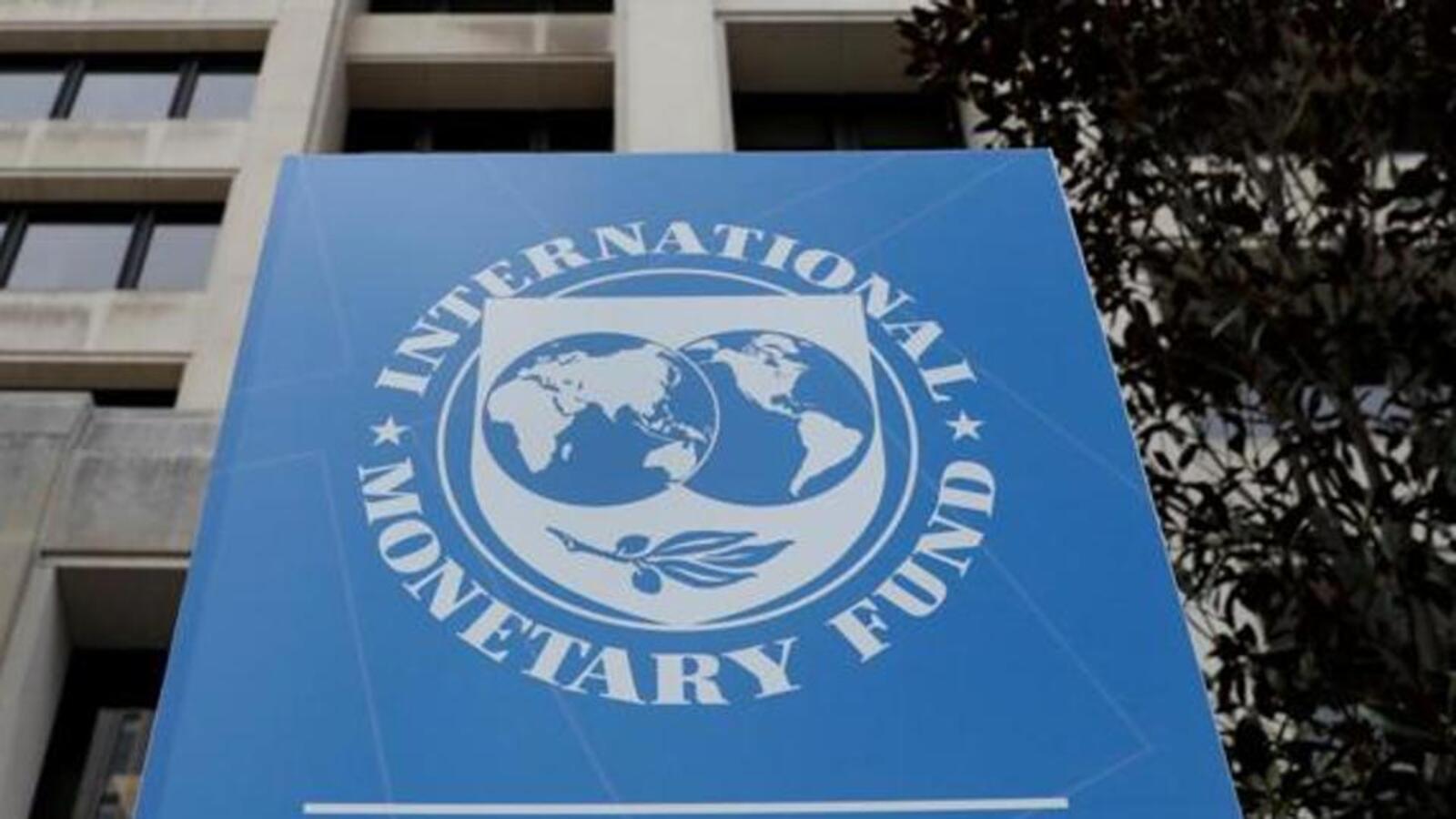

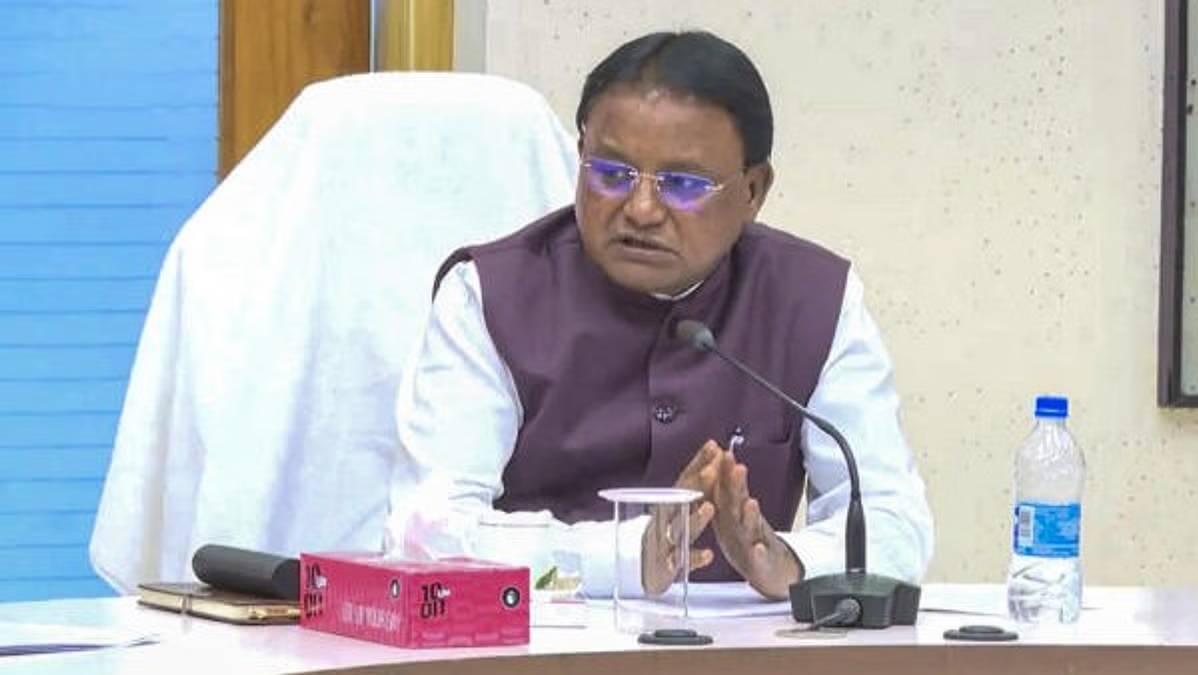
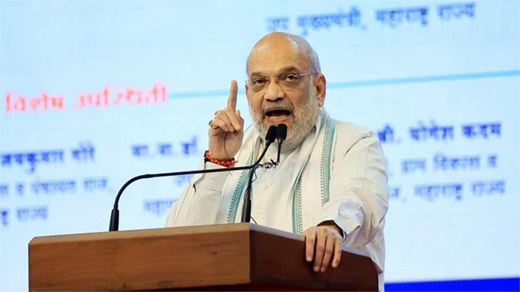


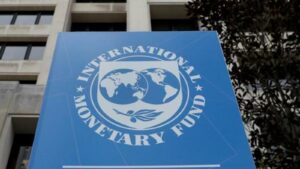






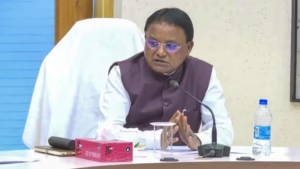
Post Comment